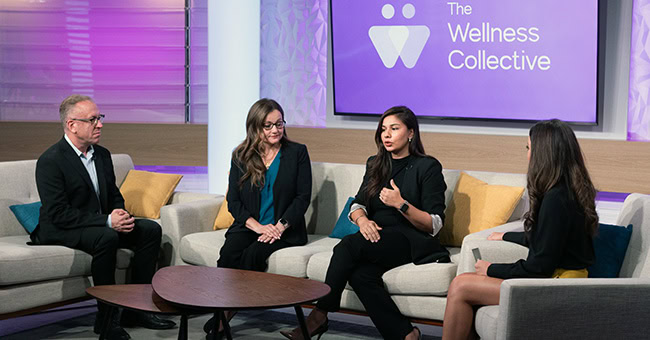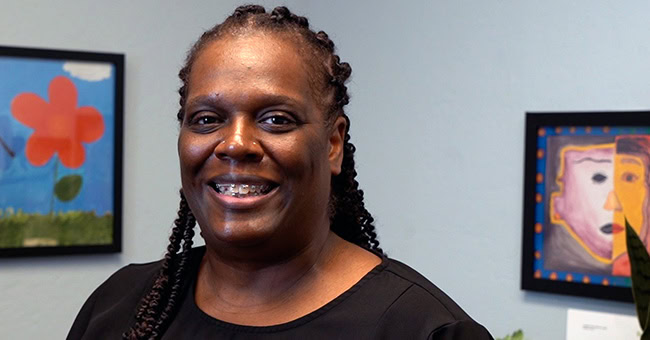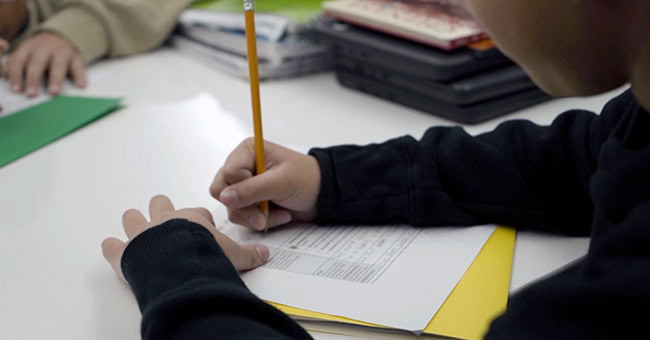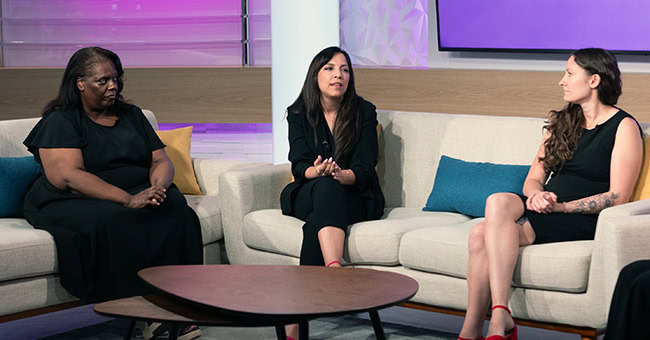PHOENIX (STN) – In an impactful panel during season three of ‘It Happens at STN‘, ‘The Wellness Collective’ turned its focus to maternal mental health and the crucial 12-week period after childbirth known as the fourth trimester.
“This is the most vulnerable time for a new parent,” said Michelle Lacy, executive director of Women’s Health Innovations of Arizona. “We almost go through this emotional earthquake, and what happens is we tend to ignore that hard stuff.”
The conversation, led by host Veronica Aguilar, featured three experts on the front lines of maternal health in Arizona: Dr. Saira Kalia, director of the Arizona Pediatric and Perinatal Psychiatry Access Line (APAL), Michelle Lacy, and Tad Gary, CEO of Mercy Care.
Dr. Kalia emphasized the urgency of addressing gaps in care. “One in five women will struggle with mental health issues, and this is the leading cause of maternal death in Arizona,” she said. “Most moms don’t get identified. If they do, only 20% get treatment. Even fewer get specialized care.”
Addressing the silent crisis of the fourth trimester:
The panelists pointed to workforce shortages, access delays and stigma as key barriers that must be dismantled.
“We know treatment works,” Gary said. “But stigma is still alive and well in our communities. We need to normalize these human conditions and ensure there are providers to support moms in crisis.”
Dr. Kalia highlighted promising solutions, including APAL’s live psychiatric consultation line for providers and Arizona’s early leadership in recognizing perinatal mental health certification. But challenges remain, particularly around funding.
“Arizona cannot afford to lose any more Medicaid dollars,” she warned. “More than 50% of births in this state are covered by Medicaid. The highest rate of suicide among new moms is six to 12 months postpartum. That’s when we lose them.”
For Lacy, collaboration is critical: “Let’s partner together so we’re not all working in different directions. What happens to our parents affects everything.”
Gary echoed the call to action, “We’ve got to collaborate and fight stigma,” he said. “And we’ve got to ensure moms get the treatment they deserve.”




























